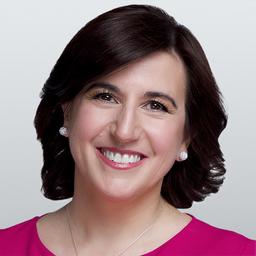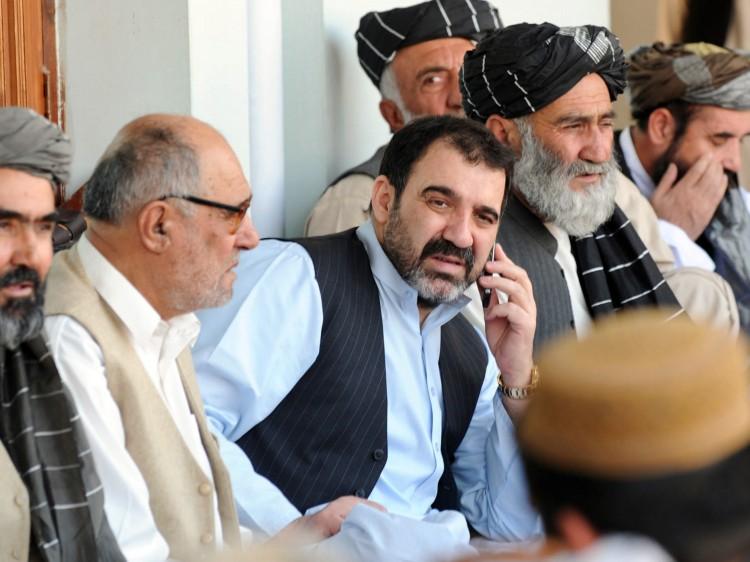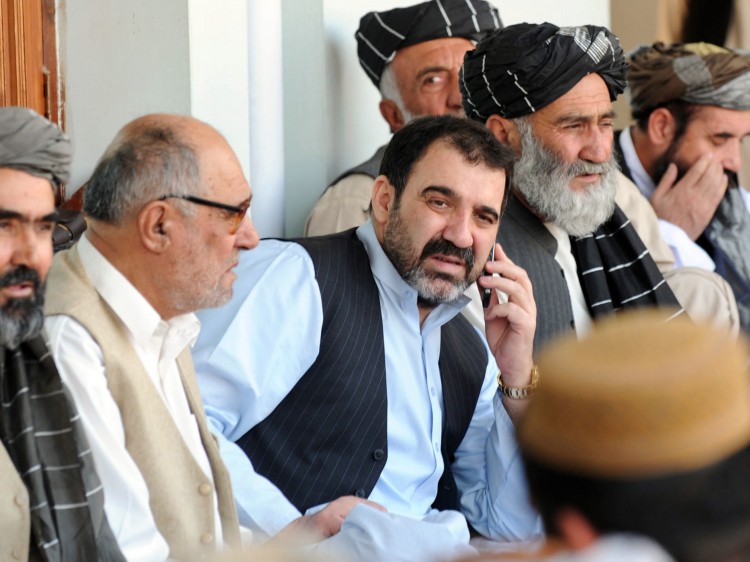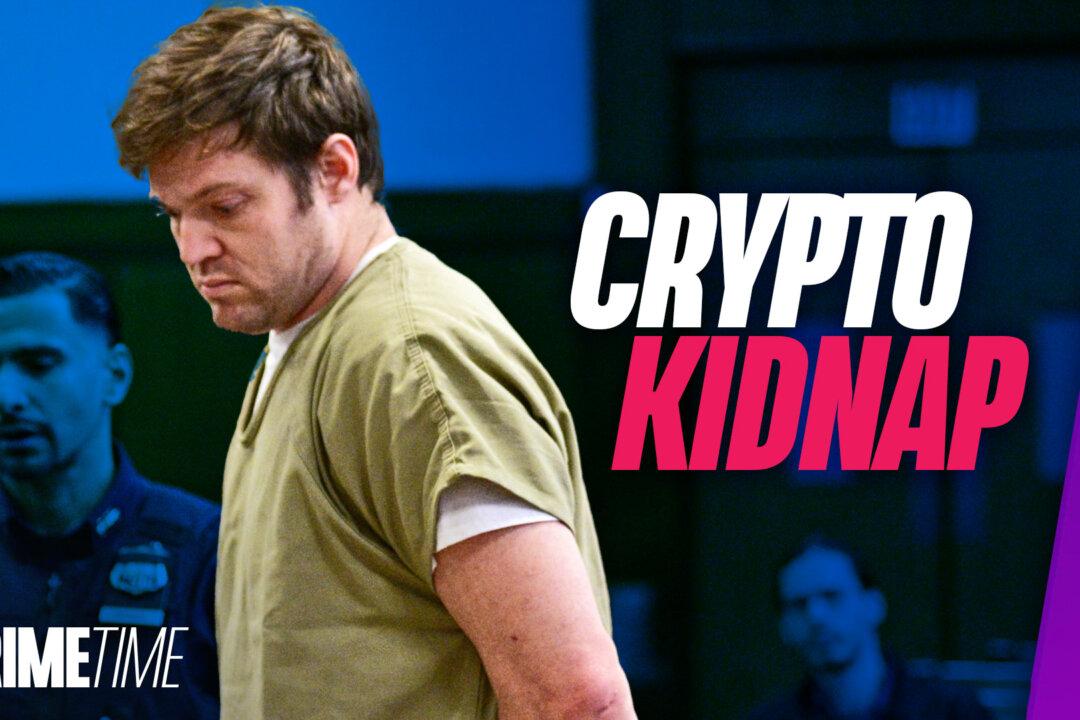Murder of Afghan President’s Brother Could Be Game Changer
The assassination of Ahmed Wali Karzai serves as a serious blow to the president’s bid to maintain security in the country.
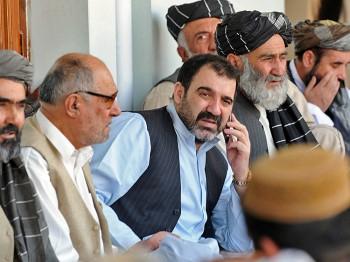
ASSASSINATED: Ahmed Wali Karzai (C) is seen talking on the phone at a re-election celebration of his half-brother Afghan President Hamid Karzai on Nov. 3, 2009. Ahmed was shot and killed in an attack on Monday. Banaras Khan/AFP/Getty Images
|Updated:
Cindy Drukier is a veteran journalist, editor, and producer. She's the host of NTD's International Reporters Roundtable featured on EpochTV, and perviously host of NTD's The Nation Speaks. She's also an award-winning documentary filmmaker. Her two films are available on EpochTV: "Finding Manny" and "The Unseen Crisis"
Author’s Selected Articles
